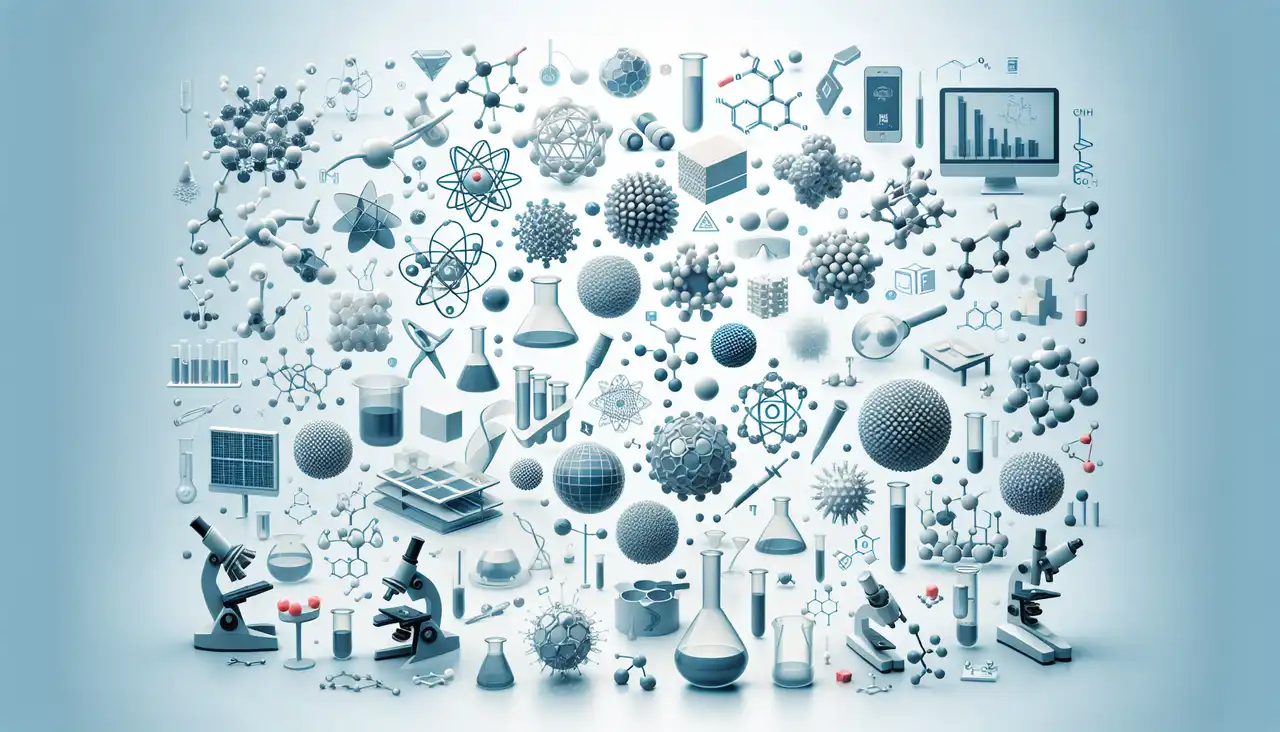

Mark Campbell
Dr. Mark Campbell is well-respected in the field of Materials Science and Engineering at Cornell University, where he holds the esteemed position of John A. Mellowes '60 Professor in Mechanical Engineering. With a profound expertise in control systems, estimation, robotics, spacecraft, and systems engineering, Dr. Campbell has made significant contributions to the advancement of these fields. His research interests are diverse and include autonomous robotics, human decision modeling, sensor fusion, and structural dynamics and control. Throughout his career, Dr. Campbell has been recognized with numerous awards, underscoring his impact and leadership in the field. He leads a dynamic team of researchers at Cornell University, focusing on pioneering advancements in robotics and autonomous systems. His collaborative efforts extend across the Robotics and Autonomy department and the AI program, where he works closely with fellow faculty members to push the boundaries of innovation. Dr. Campbell's work in sensor fusion and nonlinear and hybrid estimation theory has been instrumental in enhancing the capabilities of autonomous systems. His dedication to understanding and modeling human decision-making processes has further enriched the field, providing valuable insights into the integration of human and machine intelligence. His contributions to spacecraft systems engineering have also been noteworthy, influencing the design and control of advanced space exploration technologies. In addition to his research, Dr. Campbell is committed to mentoring the next generation of engineers and scientists. His passion for teaching and guiding students is evident in his active involvement in academic programs and initiatives at Cornell. Through his leadership and vision, Dr. Campbell continues to shape the future of robotics and control systems, making a lasting impact on both academia and industry.
Publications
, 2171-2179, 2017-01-01
, 183-192, 2021-10-01
, 219-237, 1998-01-01
, 2012-11-27
, 284-304, 2011-12-01
, 429-440, 2020-08-08